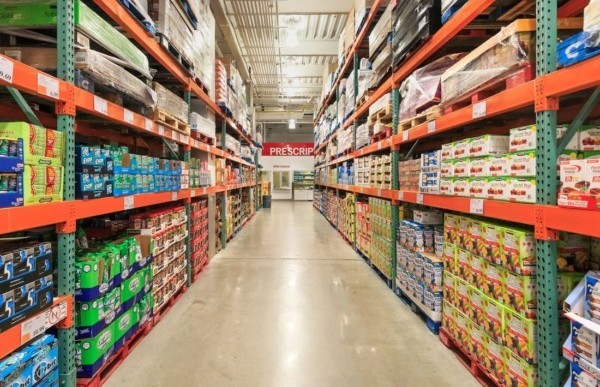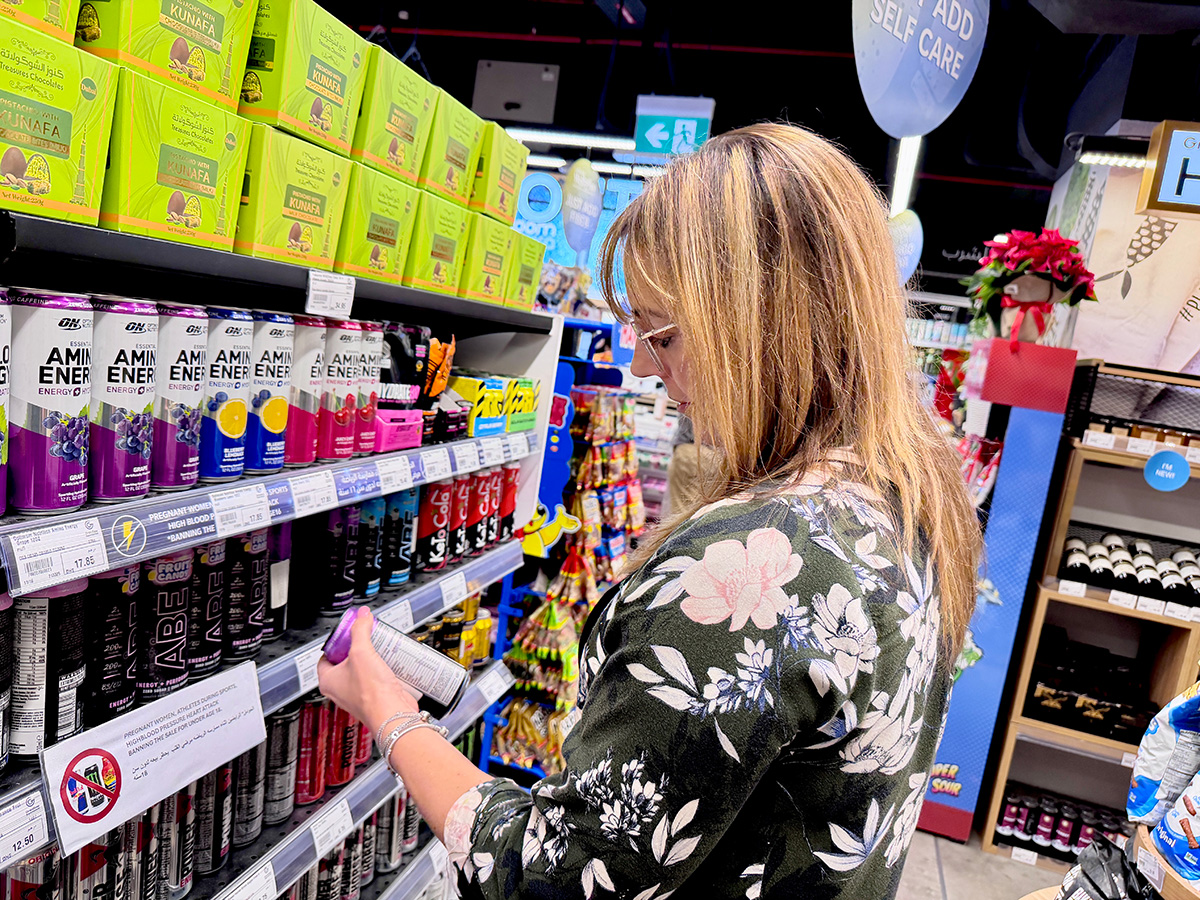Top 5 Questions to Ask
1, Who is the decision maker?
2, What is your marketing plan and sales forecast?
3, Which brands do you currently work with?
4, Which territories do you operate in?
5, What are your quantity and margin requirements?
1, Who is the decision maker?
Remember that the person you initially contact or meet in this process may not be the final decision-maker. You should be aware who you are talking to, what is their role in the company and how much power/influence they have over the final decision. This is not usually a direct question to ask your prospect in so far as one to infer when going through the buying process itself.
It is also essential to know how the decision will be made. For example, will it be either collectively or by one individual? Cross-cultural skills are very important to apprehend decision-making processes: in France, decisions tend to be taken by one individual, “the boss”, whereas in Germany, compromise is at the heart of their business culture and decision-making is a collective process. Find out who the contact(s) would be for you to settle the details of a possible agreement and be aware of all necessary stakeholders who may have an influence in this overall business opportunity.
2, What is your marketing plan and sales forecast?
Ask your prospects about their plans, targets, goals when it comes to working with your products within their territory. It is important that you know what they are trying to achieve by taking on your product and, what success would mean to them say initially and then for a longer term three-year forecast. Gather information about their mid-to long-term company development strategy and understand their priorities. By defining all this, you will have a clearer idea of how important it is that your product features on their list and how your interests and values align (or maybe don’t!).
Ultimately if you are appointing a distributor in a market, they are effectively becoming your sales and distribution team on the ground. Therefore, sharing the same values of how to go about doing business together and the passion for your brand is crucial for long term success.
Selecting the right distributor also comes down to ultimately knowing your own best fit partner profile. Are you looking for a larger sized company who can manage your brand, along with several others? Or a smaller sized partner who can give your products more focus? Both have distinct advantages and disadvantages.
3, Which brands do you currently work with?
It is important to understand more about the products with which your target distributor is currently working:
Which categories do they belong to and have a strength in?
Which channels? Are they stronger in food service, retail, convenience or other?
Do they supply imported international brands or predominantly local ones?
By knowing this information you can then establish a better understanding of where and how your products fit into their business. Moreover, you can see how aligned your export aspirations are with what this potential partner can offer.
Find the balance between product focus, channels of specialism and market experience to suit your own business goals.
4, Which territories do you operate in?
What is the reach this partner has in terms of geography and channels?
It is important you know in which area your partner company operates and would like to serve with your products. This is particularly relevant to ensure that it doesn’t conflict with any other distribution agreements that you may already have in place.
The topic of exclusivity should also be discussed early on if this is going to be a deal breaker by either party. In some territories such as the Middle East exclusivity may be demanded from the very beginning. So be ready for having a conversation and understanding from your own business strategy whether this is something you are prepared to offer and if so under which conditions.
5, What are your quantity and margin requirements?
Don’t be afraid to start talking about the commercial aspects of the business opportunity once both parties are ready to do so. No matter how great a potential partner may seem, if they are only willing to buy very small quantities and you operate on high volume production (or vice versa!) then the size of the actual business opportunity may actually not stack up.
Equally if the pricing you can offer and the margin that they and their customers require won’t work though the value chain then being able to reach this impasse fairly quickly is worthwhile. By understanding that either through this route to market, particular partner and/or market is not an attractive business opportunity and move forward into a new market or partner search promptly can save you valuable time and efforts.
If you would like help validating or effectively negotiating with overseas distributors or prospects that you are speaking with please contact our team by using the contact form below.




